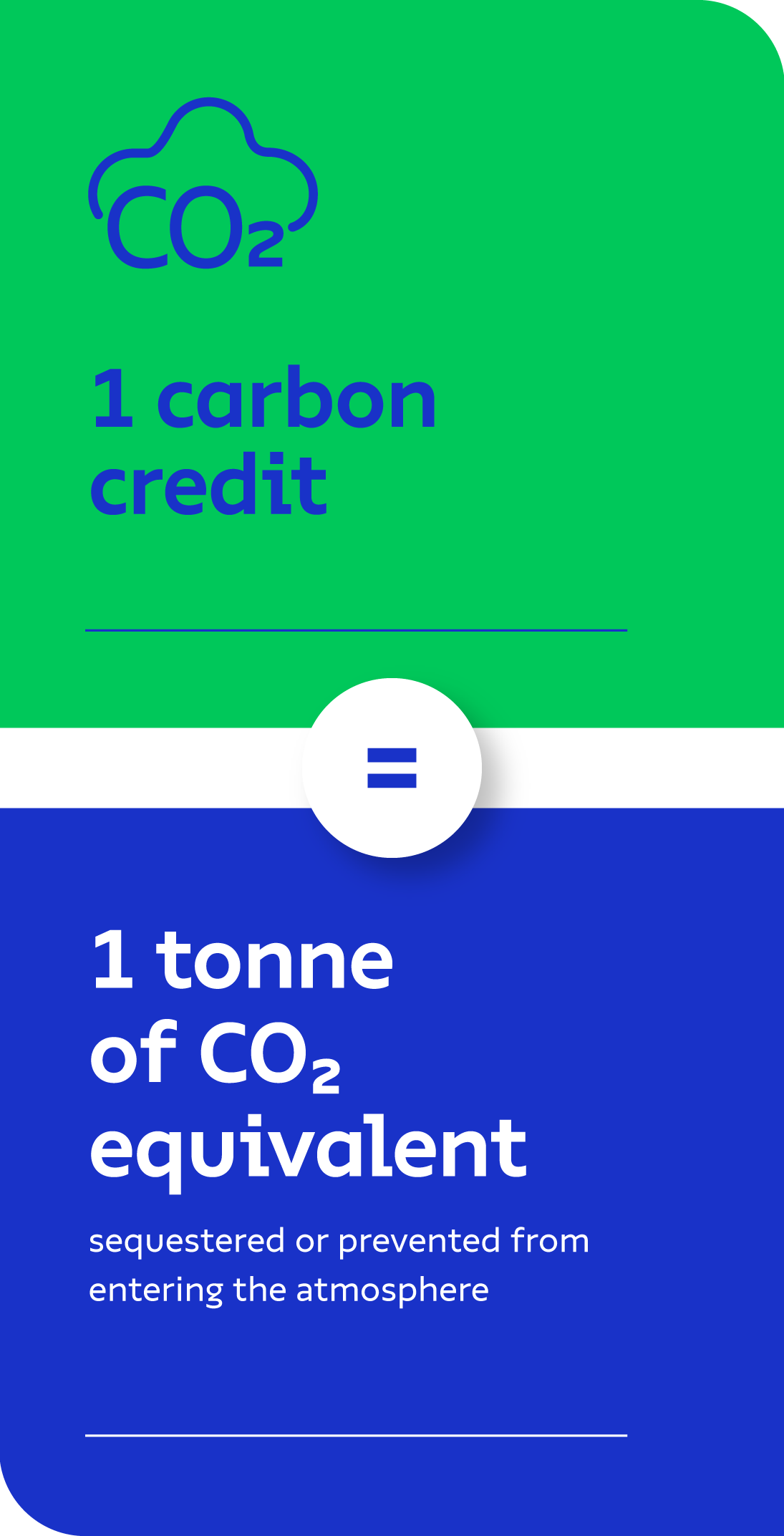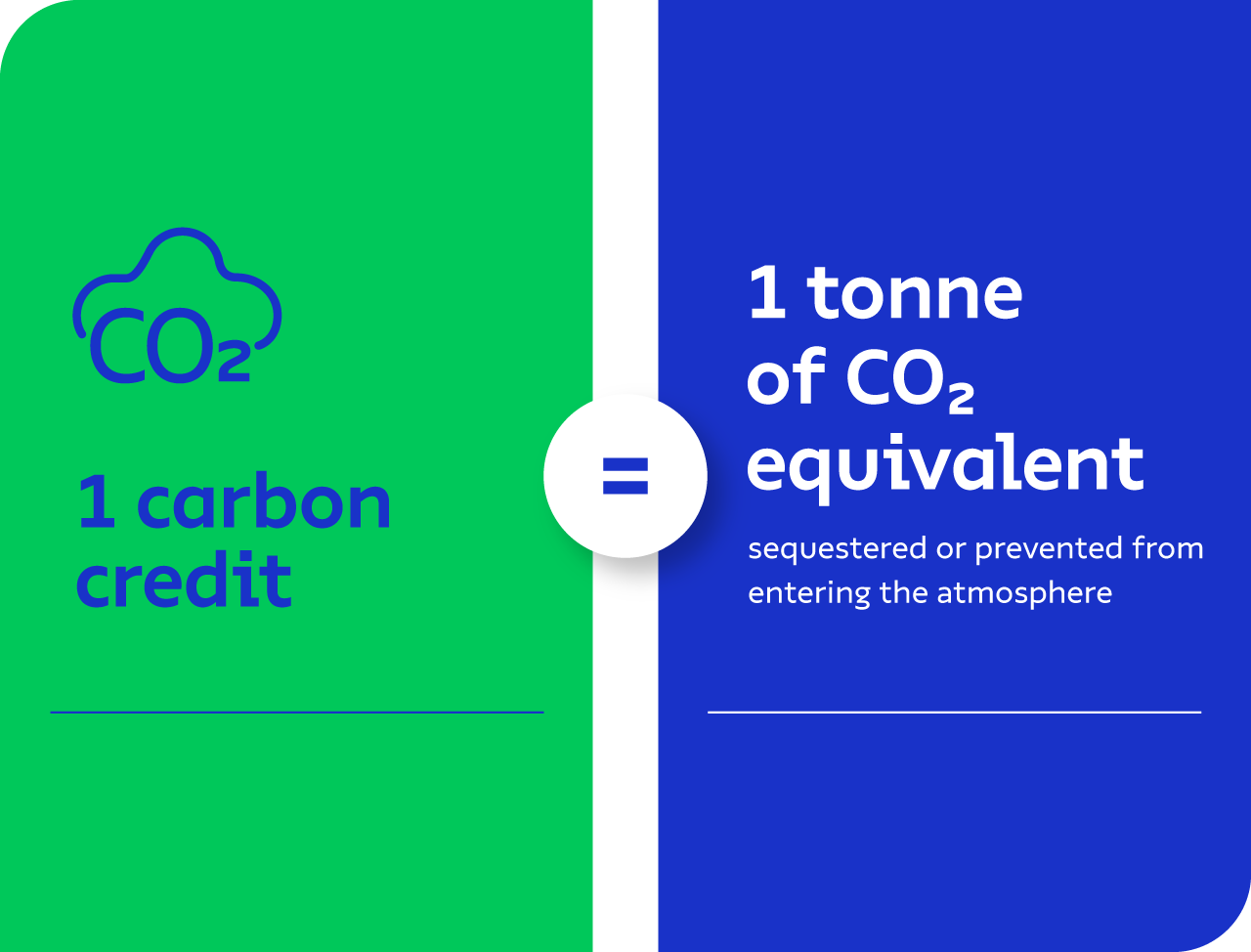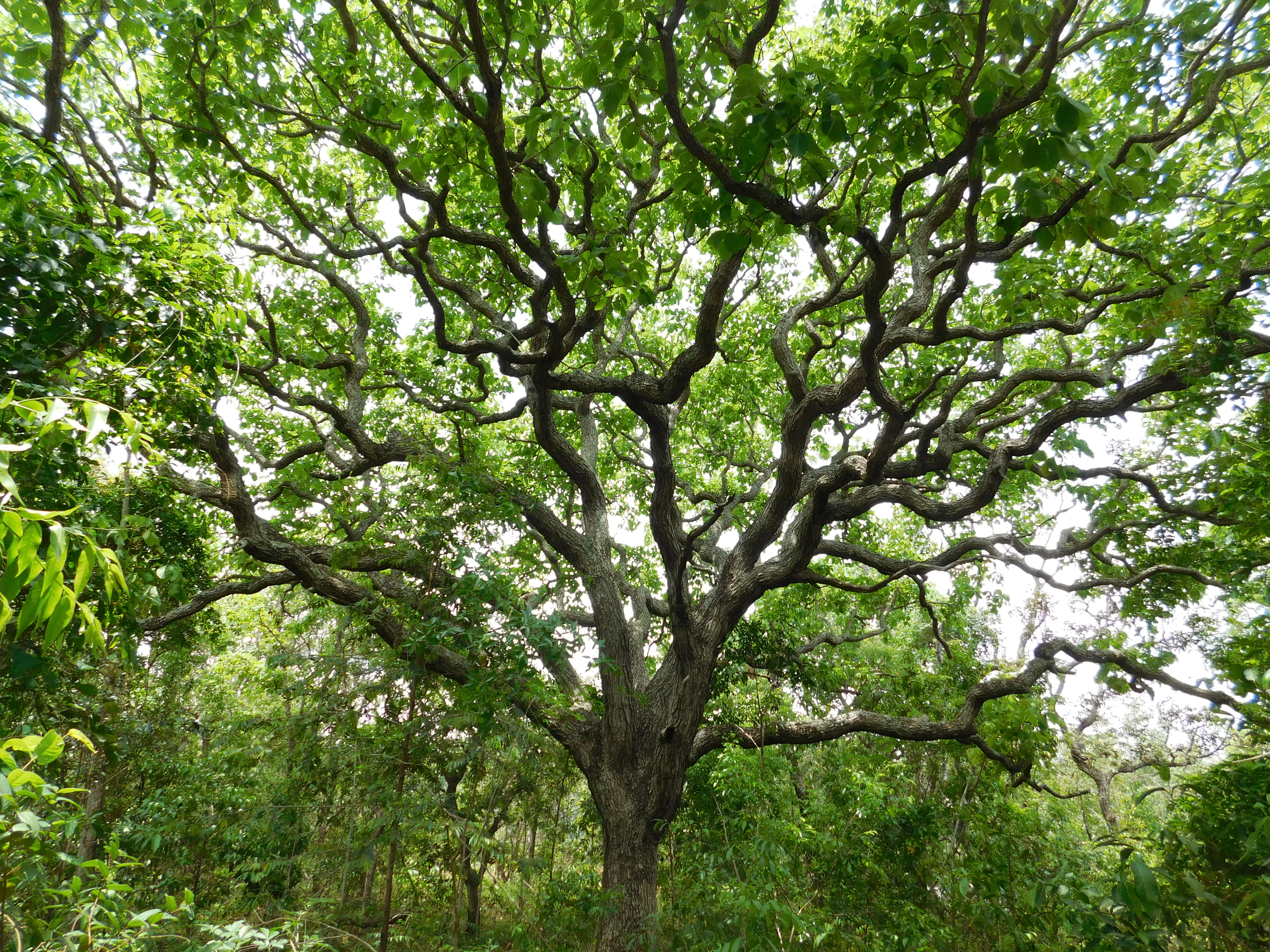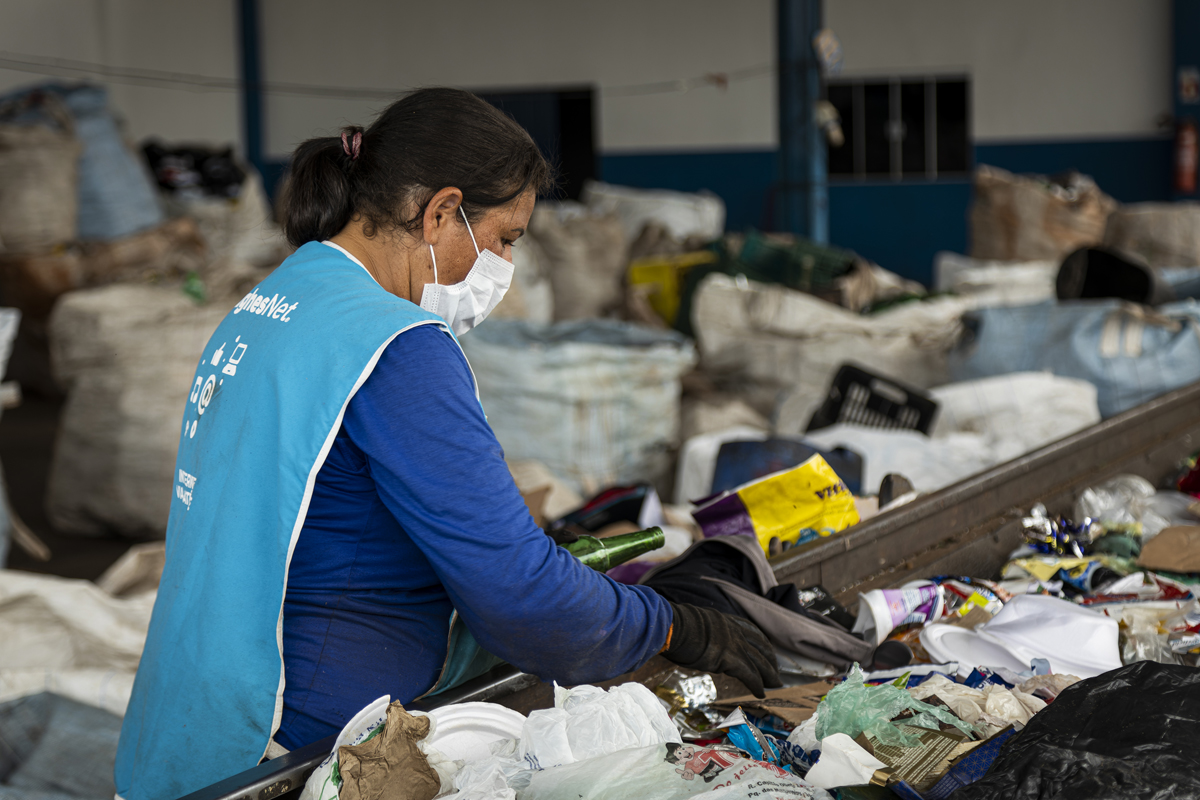

Carbon Markets
The objective of the Carbon Market is to encourage countries and companies to take responsibility for their carbon emissions, offsetting the impact of their activities and contributing to an economy with lower environmental impacts. It is an instrument that is part of a global effort to reduce greenhouse gases and tackle climate change.
How they work
The carbon market is a system created to reduce greenhouse gas emissions, allowing companies and countries to buy and sell carbon credits. In practice, each credit represents 1 tonne of CO2 equivalent that has been removed from the atmosphere or that has not been emitted, and can then be traded on voluntary or regulated carbon markets. These transactions help offset a portion of carbon emissions, helping to combat global warming on our planet.


Types of carbon markets
Compliance

The compliance market is established by government entities, such as countries, states, or regions, such as the European Union. Its goal is to control carbon emissions by setting maximum limits and offering alternatives for the creation of cleaner technologies and sustainable development. In this market, emission permits, called “allowances,” are distributed and can be traded between parties until the limit is reached.
The Brazilian compliance market, established as the Brazilian Emissions Trading System (SBCE), was approved in 2024 and is currently in the regulatory phase, with important definitions in progress.

Voluntary

Any company, person, NGO or government can generate or purchase voluntary carbon credits. These credits are audited by an independent entity. For now, Brazil only has a voluntary carbon market. To learn more, visit the Sustainability Indicators page.

our carbon credits
Suzano, as a company that seeks to promote sustainable practices, invests in reforestation with eucalyptus trees, conservation of native forests, and restoration of degraded areas.
These initiatives allow us to capture a large amount of carbon from the atmosphere, enabling us to structure projects that meet the methodological requirements for generating carbon credits. These credits can be traded on carbon markets, offering an opportunity to offset emissions from other companies.
The initiatives of our Carbon Horizon Project reinforce the company's active role in promoting climate solutions and the transition to a low-carbon economy. Located in the Três Lagoas factory region in Mato Grosso do Sul, the generation of carbon credits from the Horizon Project occurs in part from forestry operations, with initiatives eligible for the Brazilian Voluntary Carbon Market, integrating the local community and valuing both native areas and forest regeneration processes.
Can we help?
For commercial information about carbon credits, you can also contact our team by email: creditosdecarbono@suzano.com.br
Search for answers to your questions about Suzano in our Frequently Asked Questions section.
If you prefer, get in touch via the Contact Us section.





